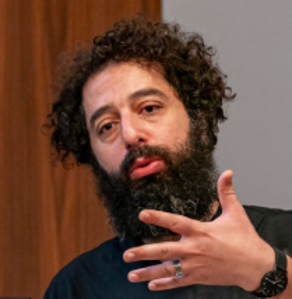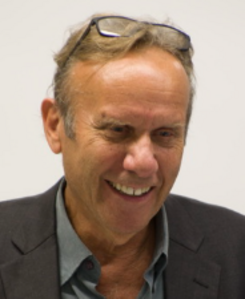Ahmad Almallah, a faculty member at the University of Pennsylvania, has consistently leveraged his academic position to promote extremist ideologies, glorify terrorism, and spread antisemitic rhetoric. His participation in pro-terror rallies, incendiary public statements, and alignment with violent organizations have created an environment of hostility, division, and fear on campus. As an educator, his conduct raises serious concerns about the ethical and professional obligations of faculty to foster inclusivity and intellectual integrity.
Support for Extremism and Terrorism
Almallah’s actions and public displays reveal a clear alignment with extremist ideologies and figures associated with terrorism.
As of January 2025, Almallah’s Twitter profile featured an illustration of Ghassan Kanafani, a leader and spokesperson of the Popular Front for the Liberation of Palestine (PFLP) and a known architect of the 1972 Lod Airport Massacre. This image signals a clear alignment with violent ideologies and figures tied to terrorism.
In addition, Almallah frequently shares and reposts content glorifying resistance and condemning Israel, often framing violent acts as justified responses. His social media activity underscores his role in normalizing extremist rhetoric in public and academic spaces.
Key Incidents of Advocacy and Extremist Rhetoric
Almallah has been a leading figure in numerous protests that glorify violence, disrupt campus life, and target specific groups. His leadership and rhetoric amplify divisive narratives, undermining the university’s mission to foster intellectual discourse:
- October 16, 2023 – Collective Walkout for Palestine:
At this Penn event, Almallah led chants glorifying violent resistance, including:
- “From the river to the sea, Palestine will be free!”
- “Resistance is justified!”
These slogans, often interpreted as glorifying uprisings marked by civilian casualties, contributed to a hostile environment for Jewish students and others seeking peaceful dialogue.
- December 3, 2023 – Flood Philly For Gaza:
Almallah led chants targeting Jewish-owned businesses, including: “Goldie, Goldie, you can’t hide! We charge you with genocide!” This rhetoric not only fostered hostility but also normalized targeting individuals and businesses based on their identity.
- October 18, 2023 – Vigil and Walkout for Gaza:
During this Penn event, Almallah declared: “We are here to mourn, but we are here also to vow that we will take action, that we will hit the streets, that we will continue to protest.” His statements, paired with chants like “There is only one solution: intifada, revolution!”, glorified violence and further polarized the campus community.
- October 25, 2023 – Anti-Israel Rally in Philadelphia:
At this event, Almallah performed his incendiary poem, “A Poem for Gaza, A Poem for Palestine,” weaving inflammatory language into his rhetoric. Protesters at the event echoed his sentiments with chants like:
- “Smash the settler Zionist state!”
- “Long live the intifada!”
- Palestine Writes Festival (September 2023):
Almallah was a prominent participant in this controversial event, which featured speakers with documented antisemitic histories. Held at Penn with university approval, the festival featured speakers notorious for their support of extremist ideologies, including Roger Waters, Susan Abulhawa, and Huda Fakhreddine. The festival was cited by the U.S. House Committee on Education and the Workforce as an example of antisemitism on campus.
Almallah’s involvement as both a speaker and organizer lent credibility to an event that spread dangerous narratives, including the glorification of terrorism. His alignment with figures like Refaat Alareer, who mocked the murder of Jewish children during Hamas’s October 7, 2023, attacks, underscores his willingness to normalize and amplify such rhetoric.
The Implications of His Behavior as an Educator
Almallah’s actions as a faculty member are particularly troubling given the influence he wields over students:
- Undermining Academic Integrity:
By promoting civil disobedience and encouraging students to participate in disruptive and hostile protests, Almallah prioritizes activism over education, eroding the intellectual integrity of the university.
- Creating a Hostile Environment:
His rhetoric and leadership contribute to an atmosphere where students, particularly Jewish students, feel unsafe and marginalized. Testimonies from students, including a written statement to the U.S. House of Representatives, highlight his direct role in harassing and intimidating Jewish students during protests.
- Abusing His Position:
Almallah’s academic credentials provide a veneer of legitimacy to extremist ideologies, allowing him to disseminate harmful narratives under the guise of education. His conduct raises serious questions about the ethical responsibilities of educators and the boundaries of academic freedom.
Ahmad Almallah has been accused of skipping classes to participate in unauthorized protests, prioritizing his personal activism over his responsibilities as an educator. Testimony from students, including written accounts presented to the U.S. House of Representatives, highlights his frequent absence from academic duties to lead inflammatory rallies and intimidate students. As a faculty member, Almallah is paid to educate and inspire students, yet he has instead chosen to use his position and time to undermine the university’s integrity, foster division, and promote extremism. His actions represent a blatant disregard for the ethical obligations of his role and the trust placed in him by the institution and its community.
Conclusion
Ahmad Almallah’s persistent glorification of terrorism, propagation of antisemitic rhetoric, and active involvement in extremist protests represent a profound betrayal of his role as an educator. His actions have destabilized the campus environment, alienated students, and undermined the values of inclusivity and mutual respect.
By using his platform to amplify hate and division, Almallah poses a direct threat to the integrity of the University of Pennsylvania and the safety of its community. Accountability is not optional—it is essential to restoring trust and stability on campus.





